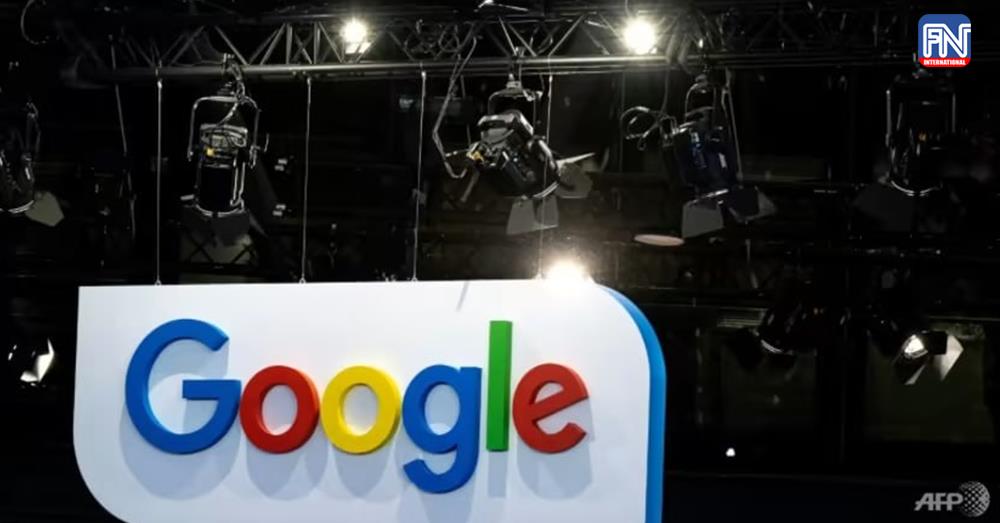WASHINGTON, Sep 12 (AFP) - The US government on Tuesday (Sep 12) accused Google of paying out US$10 billion a year to Apple and other firms in order to safeguard its monopoly over online search.
The accusation came on the opening day of a landmark trial that is the biggest antitrust case in the United States in more than two decades.
"This case is about the future of the internet and whether Google will ever face meaningful competition in search," said Justice Department lawyer Kenneth Dintzer as the United States government began making its case against the tech titan.
Over 10-weeks and with dozens of witnesses called to the bar, Google will try to persuade Judge Amit P Mehta that the case brought by the Department of Justice is without merit.
"Google has for decades innovated and improved its search engine, plaintiffs escape this inescapable truth," Google's lawyer John Schmidtlein argued before the court.
Held in a Washington courtroom, the trial is the first time US prosecutors have tackled a big tech company head-on since Microsoft was targeted more than two decades ago over the dominance of its Windows operating system.
"Even for Washington DC, I think we have the highest concentration of blue suits in any location here today," Mehta joked, observing the dozens of lawyers packed into his courtroom.
The Google case centres on the government's contention that the tech titan unfairly gained its domination of online search by forging exclusivity contracts with device makers, mobile operators and other companies that left rivals no chance to compete.
Dintzer told Judge Mehta that Google pays out US$10 billion every year to Apple and others to secure its search engine default status on phones and web browsers, thereby burying upstarts before they have a chance to grow.
Over the past decade, this created what the government calls a "feedback loop" in which Google's dominance grew ever bigger because of its monopolist access to user data that rivals could never match.
"Through this feedback loop, this wheel has been turning for more than 12 years. It always turns to Google's advantage," Dintzer said.
That dominance has made Google parent Alphabet one of the world's richest companies, with search ads generating nearly 60 per cent of the company's revenue, dwarfing income from other activities such as YouTube or Android phones.
"We will track what Google did to maintain its monopoly ... It's not about what it could have done or should have done, it's about what they did," Dintzer told the court.
